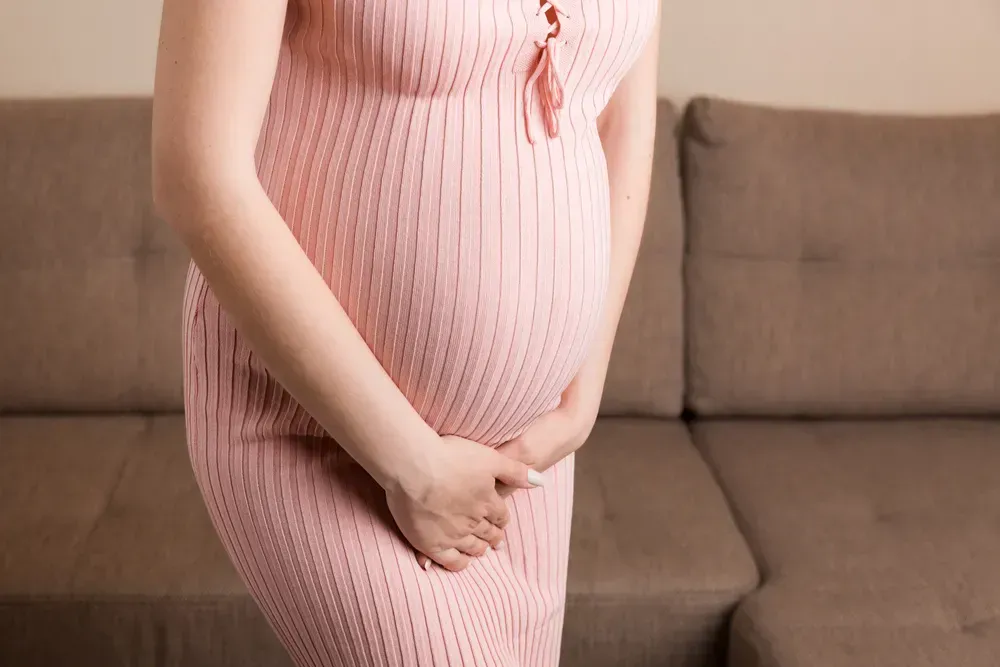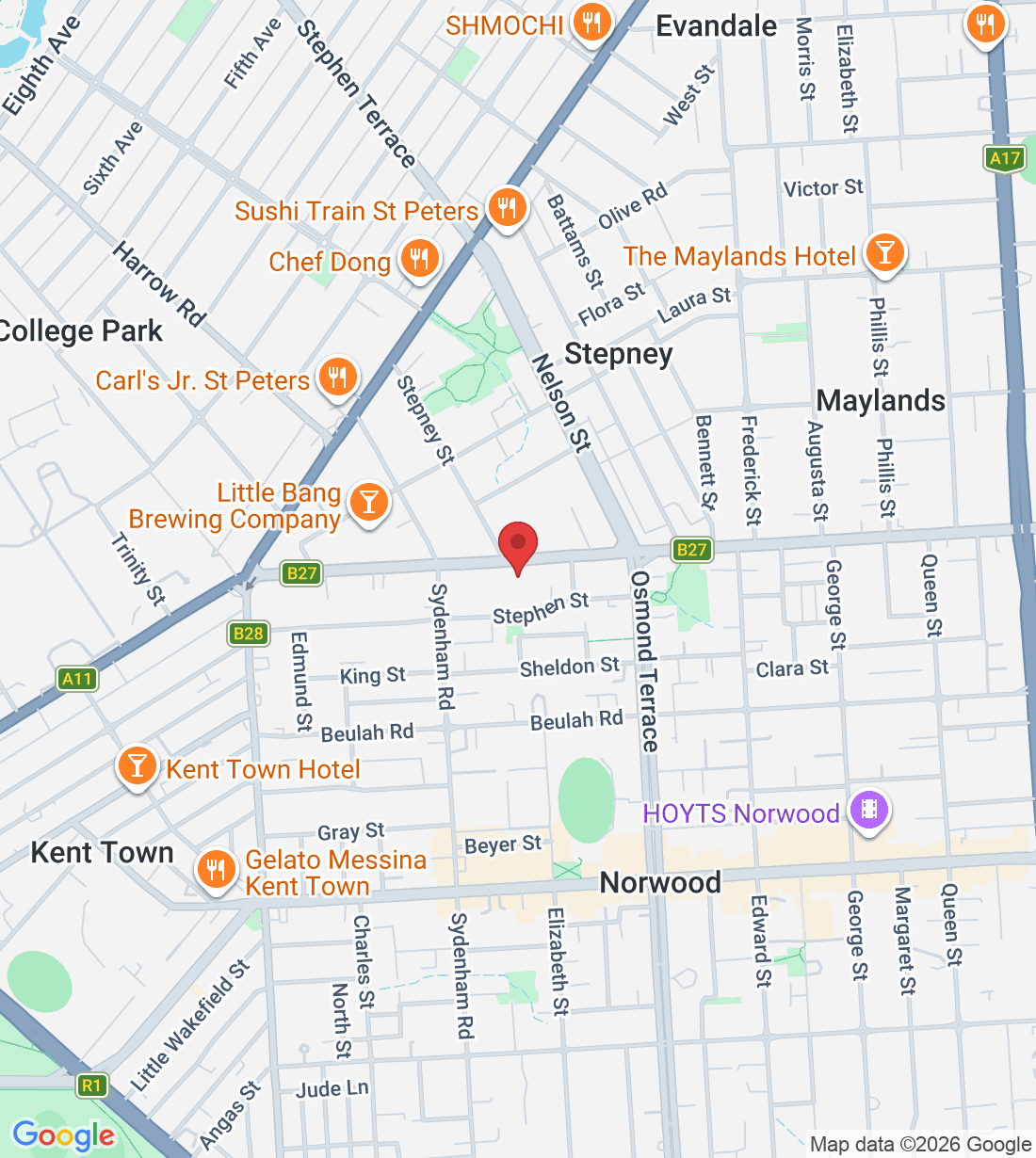
Pregnancy Pee-parations: Tackling Stress Urinary Incontinence Before and After Birth
Are you currently pregnant and experiencing some urine leakage?
Is it only a small amount or do you have to change your clothes or wear pads because of it?
Have you been told it’s “normal” to have leakage during pregnancy so not really concerned?
Are you hanging out for the delivery of your baby so this bothersome leaking goes away?
Has someone told you to do pelvic floor exercises but you aren’t concerned because this is your first pregnancy so your pelvic floor hasn’t been damaged?
If you answered "yes" then listen up (or read up!) because this one is for you!
Stress urinary incontinence?
Stress urinary incontinence (SUI) means leaking urine unintentionally during activities that put pressure or "stress" on the bladder and pelvic floor muscles. These activities can include things like coughing, sneezing, laughing, lifting heavy objects, or exercising.
This occurs when the muscles and tissues that support the bladder and urethra (tube that carries urine out of the body) and control urine release become weak, damaged, stretched, or fatigued. When there is increased often sudden pressure down on the bladder these strained muscles cannot effectively hold back urine.
As a result, some urine may leak out unexpectedly.
Incontinence occurs in upwards for 67% of pregnant women. Out of this population, 40% are NOT bothered by the symptoms. This is a large number of women who have accepted that they will leak urine. Why aren’t this population of women bothered by this?
The most common answers is:
"Once I have had this baby, won’t this just go away?"
Unfortunately, research has shown that if you are experiencing stress urinary incontinence in pregnancy, you are 2-6 times more likely to have incontinence once your baby is born.
Why is this?
Often pregnant women are incontinence because they just don't have enough strength in their pelvic floor to support the weight of the growing baby putting pressure on the bladder and urethra.
So while the pressure of the growing baby is removed by birth, the woman is then left with stretched and weak muscles that are not necessarily able to assist in closing the urethra effectively after delivery.
How can physiotherapy help?
Our solutions ensuring you have the best strategies to resist the sudden rises in the abdominal pressure (like coughing or sneezing).
These may include:
Tailor a pelvic floor strengthening program to you - what you need.
Teach you “the knack” which is how to time your pelvic floor squeeze in preparation for a cough/sneeze.
Assess your breathing as holding your breathe can increase this abdominal pressure as well. This is particularly important when you are getting in/out of a chair/bed or while you are exercising.
Assess and help your bowel function and ensure that you are not straining and further damaging your pelvic floor muscles.
Assessing the muscles of your abdomen, pelvis and legs to ensure you have enough general strength to move well and not strain your pelvic floor.
This is just the tip of the iceberg in terms of ways we can help you get this stress urinary incontinence under control.
Does this sound like you? Do you need more help or guidance into understanding your stress urinary incontinence?
Every women will have a different story and reasons why she is experiencing stress urinary incontinence during her pregnancy.
We encourage you to book in to see one of our women’s health and pelvic physiotherapists to start your prevention/recovery today!
Ask a question of Vital Core Physiotherapy
Fill in the form to request a Call From Our Team
One of our team will call you for FREE and answer any questions or concerns you may have about your condition
© 2023 Vital Core Physiotherapy





